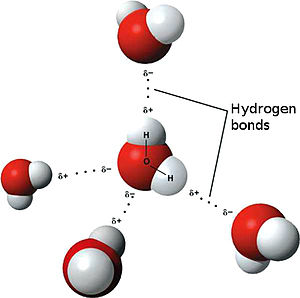We’re one week away from 2015, people will make their resolutions and try to keep them for a whole year; which usually doesn’t work out as planned. One resolution, an ongoing effort actually, that we should all aim for on a daily basis is that of making better decisions.
That means thinking better, which will have a cumulative effect in all else we do; including executing on our New Year resolutions.
A question I get asked often is something along the lines of , “How can I improve my ability to make better decisions?” To this, I respond with a counter question, “why do you think you make bad decisions in the first place?”
The reframing of the question, is good example of “what to do” to make better decisions. Thus, an easy way to make better decisions is to ask yourself questions, but that usually comes after you’ve done some grunt work to define a better question beforehand. …







